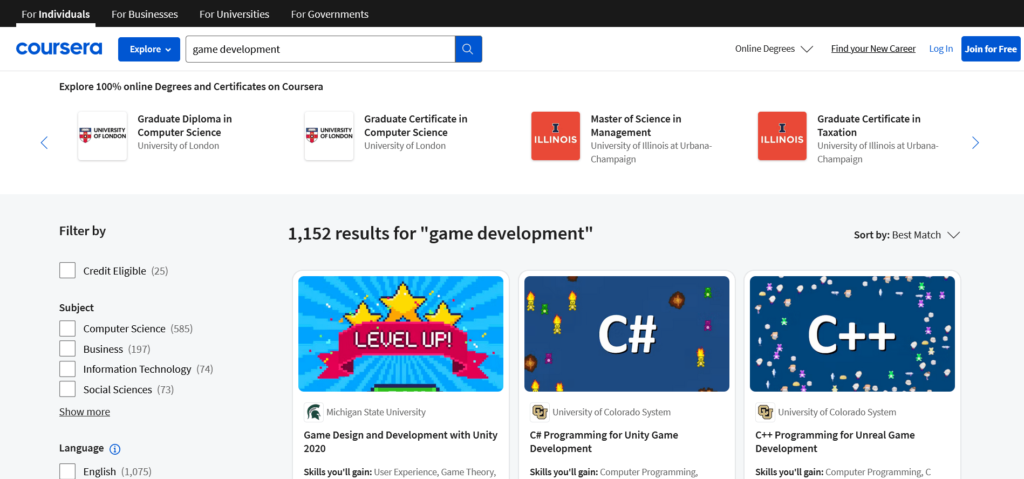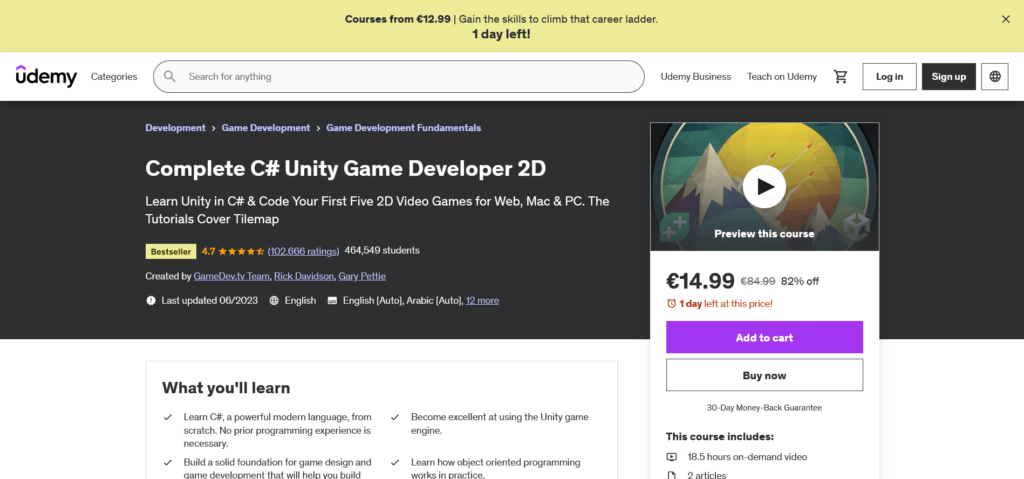Introduction
Welcome to our comprehensive guide on the legal considerations for launching your video game business. In this article, we delve deep into the essential legal aspects every aspiring game developer or entrepreneur must navigate. From intellectual property rights to licensing agreements and compliance regulations, we provide invaluable insights to help safeguard your venture. Join us as we explore the intricate web of legalities surrounding the gaming industry and empower you to make informed decisions for your video game business. Whether you’re a seasoned developer or just starting out, this article is your roadmap to success in the dynamic world of game development.
Business Structure and Registration
Choosing the right business structure sets the foundation for your video game venture. For instance, forming a Limited Liability Company (LLC) can provide personal liability protection. Suppose you decide to establish “PixelCraft Studios LLC” for your video game business. Registering your LLC involves filing the necessary paperwork with your state’s business registration office.
Example: John, an indie game developer, formed an LLC named “VirtualRealms Games LLC” to protect his personal assets and streamline the business registration process.
Intellectual Property Protection
Protecting your intellectual property is paramount in the competitive video game industry. Consider obtaining copyrights for your game’s source code, music, and artistic elements. Trademarks can safeguard your game’s name and logo, while patents may be applicable to unique gameplay mechanics.
Example: “GameGuardians Studios” secured copyrights for the storyline, characters, and graphics of their flagship game, “ChronoQuest,” ensuring exclusive rights to their creative assets.
Licensing and Compliance
Securing licenses for third-party content is common in the gaming industry. If your game features popular music, make sure to obtain the necessary licenses to avoid copyright infringement.
Example: “TechTonic Games” included a chart-topping soundtrack in their latest game. By obtaining licenses for each track, they prevented legal complications and enhanced the gaming experience.
Contracts and Agreements
Developing a video game often involves collaboration. Clearly defined contracts are crucial. For example, hiring a graphic designer or programmer may require a contract specifying payment terms, project milestones, and intellectual property ownership.
Example: “CodeCraft Studios” hired a freelance artist for character design. The contract clearly outlined the scope of work, payment structure, and that all artistic creations would be owned by the studio upon completion.
Consumer Protection and Privacy
With the rise of online gaming, prioritizing consumer protection and privacy is essential. Implement transparent privacy policies and obtain user consent for data collection.
Example: “PixelPlay Games” incorporated robust data encryption and user authentication features in their online multiplayer game. Clear privacy policies ensured users felt secure, enhancing the game’s reputation.
Employment Law
As your video game business grows, understanding employment laws is crucial. Clearly defined employment contracts and adherence to workplace regulations are essential.
Example: “ByteByte Studios” expanded its team and ensured compliance with labor laws by implementing fair working hours, providing benefits, and maintaining a safe working environment.
Tax Considerations
Navigating tax regulations is a critical aspect of running any business. Be aware of sales taxes, income taxes, and potential incentives for the gaming industry.
Example: “InnovateGames Co.” consulted with a tax professional to optimize their tax strategy, taking advantage of tax incentives for video game development.

Best Online Education Platforms to Learn About Legal Considerations For Launching Your Video Game Business
In the fast-evolving landscape of the video game industry, legal professionals play a crucial role in navigating complex legal frameworks. As the demand for skilled lawyers in this niche grows, so does the need for accessible and comprehensive online education courses. In this article, we’ll explore the top online education platforms offering specialized law courses tailored for the video game business.
Coursera

Coursera is renowned for its diverse range of courses, and when it comes to law in the video game industry, it doesn’t disappoint. Offering courses from top universities and industry experts, Coursera covers essential legal aspects such as intellectual property, contract law, and virtual property rights specific to gaming. The platform’s interactive learning model ensures that you not only understand legal concepts but can apply them effectively in the dynamic world of video games.
edX

edX, a platform founded by Harvard and MIT, provides an excellent avenue for legal professionals to deepen their understanding of the video game business. Courses on edX focus on emerging legal issues like virtual currency regulations, e-sports contracts, and the legal implications of augmented reality in gaming. With the option to receive a verified certificate upon completion, edX empowers learners to showcase their expertise in the competitive field of video game law.
Udemy

Udemy’s platform stands out for its vast library of courses, including a variety of offerings in video game law. Taught by industry professionals, Udemy’s courses cover topics such as game development contracts, privacy issues in virtual worlds, and the legal challenges of in-game advertising. With lifetime access to course materials, learners can stay up-to-date with the ever-changing legal landscape of the gaming industry.
LinkedIn Learning

LinkedIn Learning provides a unique advantage by integrating professional networking with comprehensive legal education for the video game sector. Courses on this platform cover negotiation skills for game developers, copyright issues in gaming content, and effective legal communication in the virtual world. Learners can leverage LinkedIn’s professional community to connect with like-minded individuals and potential mentors in the field.
Skillshare

Launching a video game business is an exciting venture, but success requires a proactive approach to legal compliance. By addressing business structure, intellectual property protection, licensing, contracts, consumer protection, employment law, and tax considerations, you can create a solid legal foundation for your gaming enterprise. Real-world examples demonstrate how businesses have successfully navigated these legal requirements, providing valuable insights for your own journey in the dynamic world of video game development.
Most Searched Questions and Answers About Legal Considerations For Launching Your Video Game Business
1. What legal steps are necessary to protect my video game idea?
To protect your video game idea, consider measures such as copyright registration for the game’s code, characters, and storyline. Additionally, drafting non-disclosure agreements (NDAs) for employees and collaborators can help safeguard your intellectual property.
2. Do I need to form a legal entity for my video game business?
Forming a legal entity, such as a limited liability company (LLC) or corporation, can provide liability protection and tax benefits for your video game business. Consult with a legal professional to determine the most suitable entity structure for your specific needs.
3. How do I ensure compliance with gaming industry regulations?
Ensure compliance with gaming industry regulations by staying informed about regional laws, age ratings, and content restrictions. Implement robust terms of service and privacy policies to protect your users and mitigate legal risks.
4. What are the licensing requirements for using third-party assets in my video game?
Before using third-party assets in your video game, obtain proper licenses or permissions to avoid copyright infringement. Explore licensing options for music, graphics, and other content through reputable sources or directly from content creators.
5. How can I protect my video game from intellectual property theft?
Protect your video game from intellectual property theft by implementing technological safeguards, such as encryption and digital rights management (DRM). Monitor online platforms for unauthorized distribution and take prompt legal action against infringers.
6. What legal considerations should I be aware of when hiring employees or contractors?
When hiring employees or contractors for your video game business, ensure clear understanding through written agreements outlining roles, responsibilities, and intellectual property rights. Comply with employment laws regarding wages, benefits, and workplace safety.
7. Are there specific tax implications for video game businesses?
Video game businesses may face unique tax implications related to revenue recognition, royalties, and international sales. Consult with a tax professional familiar with the gaming industry to optimize your tax strategy and minimize liabilities.
8. How can I resolve disputes with partners, investors, or collaborators?
Resolve disputes with partners, investors, or collaborators through alternative dispute resolution methods such as mediation or arbitration. Prioritize clear communication and document agreements in writing to prevent misunderstandings.
9. What are the potential legal risks of user-generated content in my video game?
User-generated content in video games can pose legal risks related to copyright infringement, defamation, or inappropriate material. Implement content moderation tools and community guidelines to mitigate these risks and protect your brand reputation.
10. How do I stay updated on evolving legal trends in the gaming industry?
Stay updated on evolving legal trends in the gaming industry by following industry news, attending conferences, and networking with legal professionals specializing in video game law. Join relevant online forums or associations to access valuable resources and insights.
Launching a successful video game business requires not only creative vision but also diligent attention to legal considerations. By addressing the top 10 most searched questions on Google regarding legal aspects, you’re equipped with the knowledge needed to navigate the complexities of the gaming industry confidently. Remember, seeking guidance from legal experts and staying informed about industry regulations are essential steps towards building a thriving video game business.
Conclusion
In conclusion, navigating the legal landscape of launching your video game business is paramount to its success and longevity. By addressing the crucial legal considerations outlined in this article, you can mitigate risks, protect your intellectual property, and ensure compliance with industry regulations. Armed with the knowledge gained here, you’re better equipped to embark on your entrepreneurial journey with confidence. Remember, the insights provided in our SEO introduction paragraph for the article “Legal Considerations For Launching Your Video Game Business” serve as a solid foundation for building a thriving gaming enterprise. As you forge ahead, prioritize legal diligence and leverage the information shared here to maximize the potential of your video game business.














